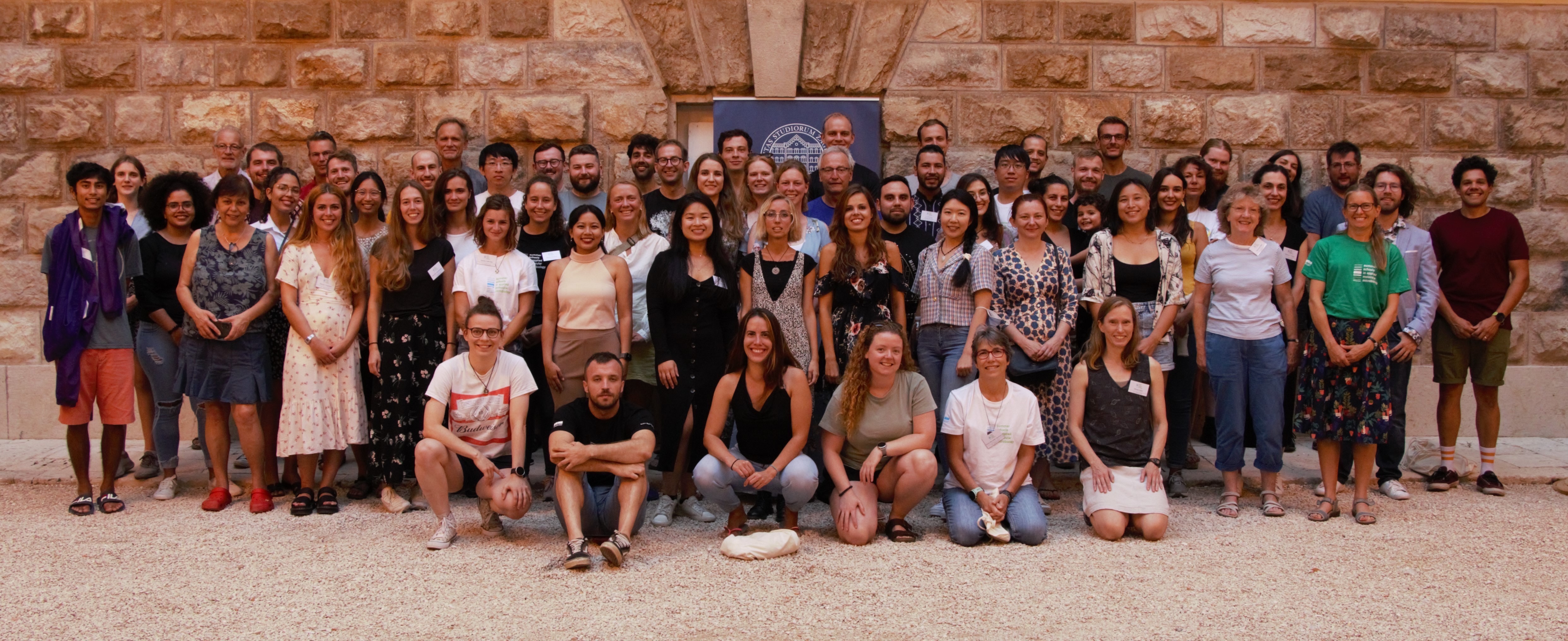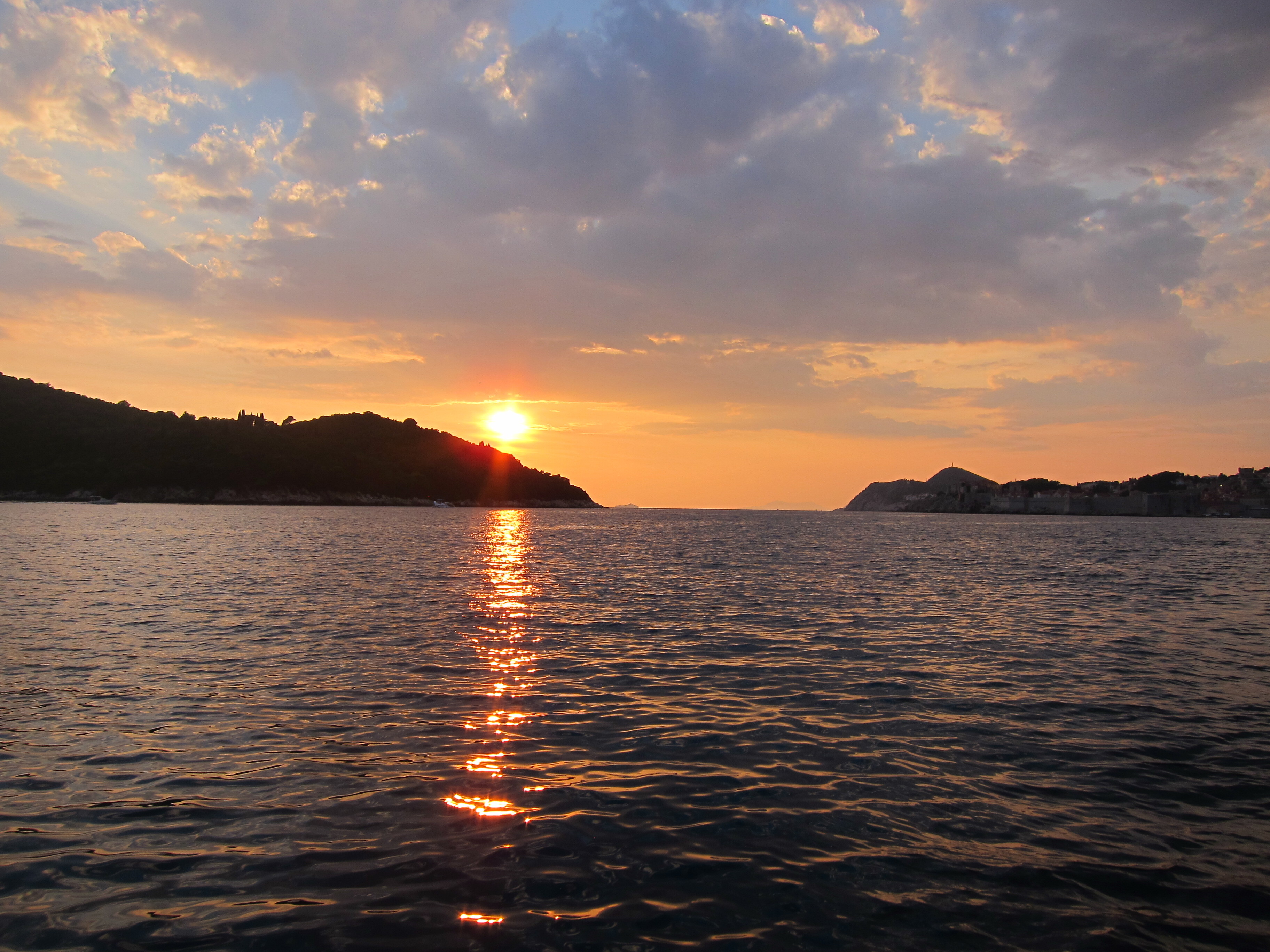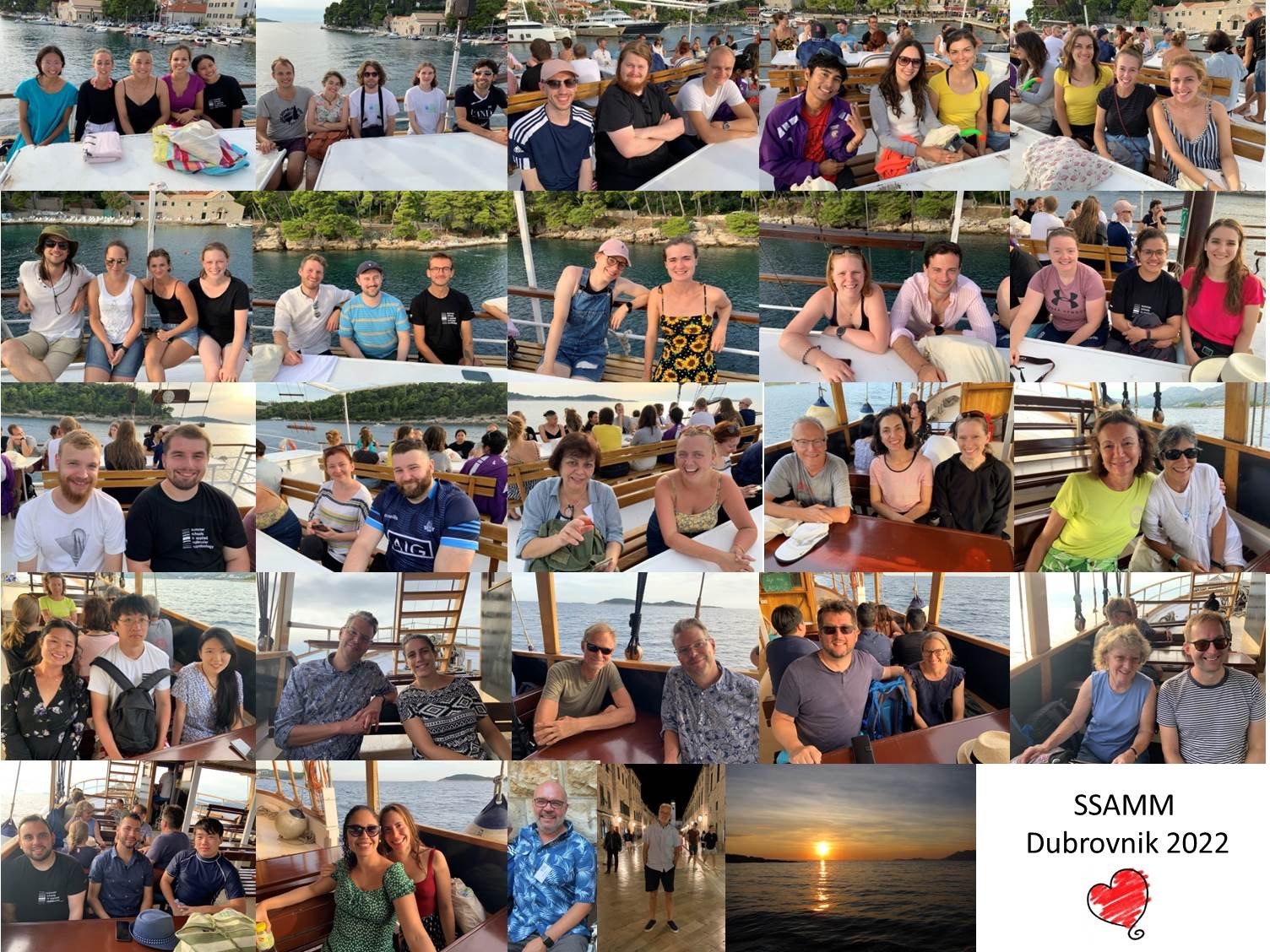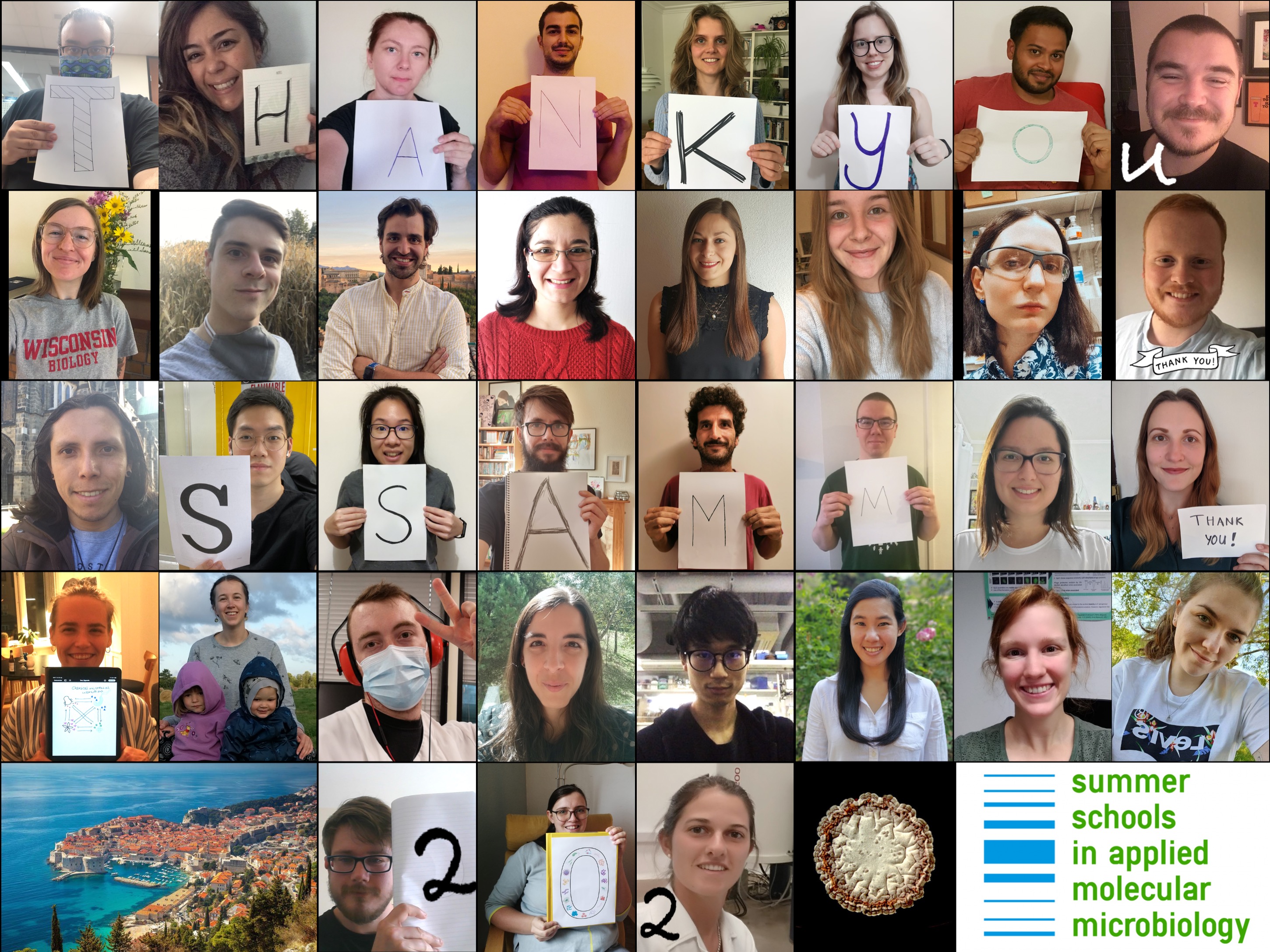2022 Applied Molecular Microbiology Summer School Report
This was the ninth John Innes/Rudjer Bošković Summer School in Applied Molecular Microbiology and was held between the 10th and 17th September 2022 in the wonderful Croatian city of Dubrovnik.
The first in this series of summer schools was held in 2007 at the Mediterranean Institute for Life Sciences (MedILS) in Split. Seven of the following schools (in 2008, 2010, 2012, 2014, 2016, 2018 and 2022) took place at the Inter-University Centre (IUC) in Dubrovnik, while the 2020 event took place on-line. Summer School alumni now number over 400, several of whom are now Principal Investigators.
The co-directors of the course were Mervyn Bibb, Barrie Wilkinson, Matt Hutchings and Andy Truman from the John Innes Centre, Greg Challis from the University of Warwick and Monash University, and Duška Vujaklija of the Rudjer Bošković Institute.
Course content, participants and faculty
The summer schools were founded to recognise the growing interest in microbial metabolites that resulted from recent developments in sequencing technology, bioinformatics and chemical analysis, coupled with the need for new natural products with applications in medicine (for example, as much needed antibiotics) and agriculture.
A particular aim is to make connections between the roles of small molecules in microbial communities, including cell-to-cell signalling and interactions between microbes and other inhabitants of their ecological niches, and the exploitation of the metabolites as drugs and other pharmaceuticals.
The following lectures were presented:
- The wonderful world of microbes and their specialised metabolites
- Isolation, cultivation and screening of microbial producers of specialised metabolites
- Natural product biosynthesis 1: An overview and polyketide biosynthesis; Introduction to the computer workshop
- Practical purification and characterisation of microbial specialised metabolites
- Natural product biosynthesis 2: Peptides and alkaloids
- Control of natural product biosynthesis
- Specialised metabolism in Gram-negative bacteria
- Industrial fermentation and strain improvement of specialised metabolite-producing microorganisms
- Chemical ecology of insect-microbe symbiosis
- Phylogenetic approaches to natural product discovery
- Specialised metabolites and host-microbe interactions
- γ-butyrolactone signalling systems and post-translational modifications
- Plant chemistry in action – pigments, perfumes and piquancy: vicious vegetables and ferocious fruit
- Microbial community profiles and ecosystem properties
- New methods for natural product discovery
- Expansion of natural product chemical diversity: leveraging resistance in antibiotic discovery
The 45 applicants selected for the Summer School were based in 21 different countries from all over the globe, with even more nationalities represented.
In addition to the co-directors, the faculty consisted of Lona Alkhalaf (University of Warwick, UK), Marie Elliot (McMaster University, Canada), Alison Foster (University of Kent, UK), Paul Jensen (Scripps Institution of Oceanography, USA), Roberto Kolter (Harvard University, USA), Flavia Marinelli (University of Insubria Italy), Mônica T. Pupo (University of Sao Paulo, Brasil), Gerry Wright (McMaster University, Canada) and María Mercedes Zambrano (Corporación Corpogen, Colombia). Local administration was provided by Maureen Bibb (Norwich, UK) and Ana Simatovic (Rudjer Bošković Institute, Zagreb, Croatia), with additional administrative support from Sarah Tolland and Naomi Wang (both from the John Innes Centre).
Small Group Discussions
To complement the lectures, students and faculty eagerly participated in Small Group Discussions, with the topics chosen by the students. Topics included: Microbial interactions and chemical ecology; Regulation of specialised metabolism; Natural product purification and structural determination; Elucidating enzyme function and mechanism – interrogating biosynthetic protein interactions; Techniques for genetic manipulation; Industry or academia (or both)?; Evolution of specialised metabolism; How do we find/develop new antibiotics?; Bioinformatics for natural product discovery.
Two minute flash talks and posters
Each student gave a two minute – one slide flash talk to outline their current research followed by detailed discussion at one of three poster sessions. Students and faculty alike thought that this format was highly successful and enjoyable.
Computer workshops
Greg Challis and Lona Alkhalaf ran two computer workshops that used bioinformatics tools that are freely available on the internet and that are commonly used for the analysis of specialised metabolite biosynthetic gene clusters. They used a gene cluster encoding a cryptic modular PKS assembly line in the model actinomycete Streptomyces coelicolor A3(2) as an example. It taught how to identify putative catalytic domains within the PKS and how to decide whether they are likely to be functional. The substrate specificity of the acyltransferase domains within the PKS were predicted, as well as the stereochemical control imparted by the ketoreductase domains. This culminated in a predicted structure for the fully assembled polyketide chain attached to the final module of the synthase and a hypothesis for the mechanism of chain release from the PKS.
Summer School attendees 2022
In addition to the academic programme, students and faculty were able to continue to discuss science and career development during a relaxing boat trip to the beautiful village of Cavtat and the adjacent island of Supertar.



2024
The tenth summer school in the series will be held at the IUC between 7-15 September 2024 and will be advertised towards the end of 2023.
2020 Applied Molecular Microbiology Summer School
2020 was the eighth John Innes/Rudjer Bošković summer school in Applied Molecular Microbiology.

